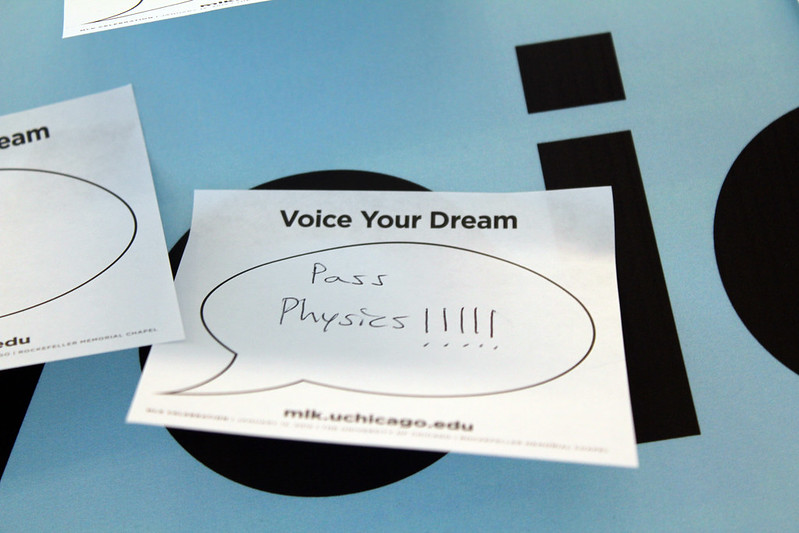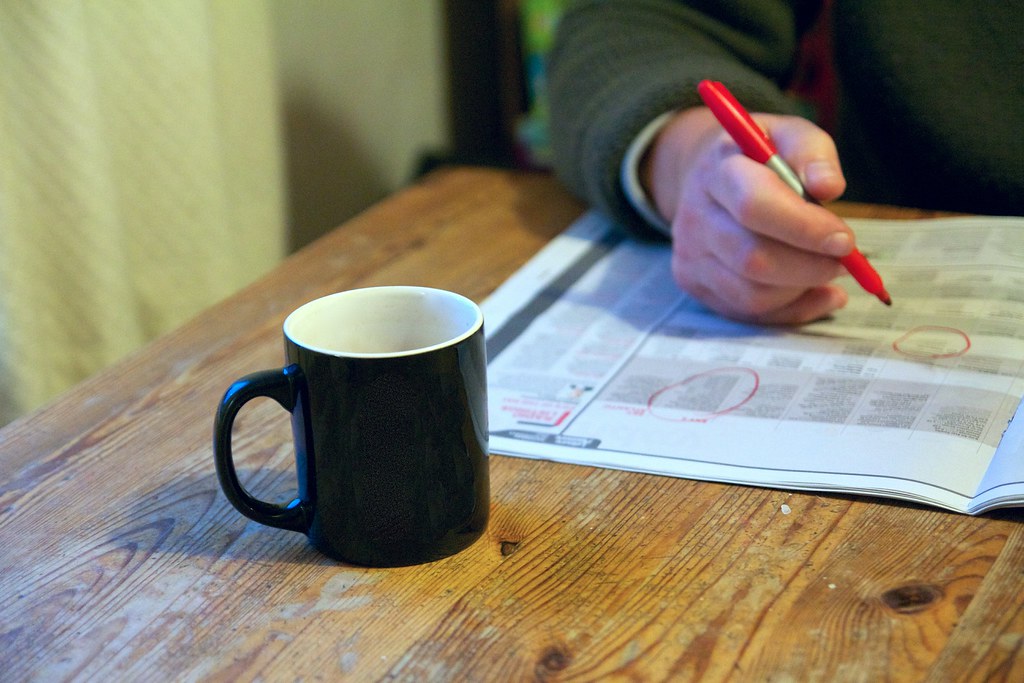For the last nine months the Republic of Artsakh, situated in West Asia, has been grappling with a severe humanitarian crisis due to an Azerbaijani-led blockade. The blockade has severed the vital Lachin Corridor, the main roadway connecting Artsakh to Armenia. The consequences of this blockade have been devastating, affecting commerce, access to medical resources, educational opportunities and many other essential connections to the rest of the world for the people of Artsakh.
Artsakh is a region with a 95% Armenian population and a history marked by territorial disputes and shifting power dynamics. Over the years, this region has asserted its independence multiple times, though neighboring countries have contested this.
During the Russian-Persian War of 1804-1813, Artsakh was annexed by Russia and became part of the Russian Empire. Following the collapse of the Russian Empire, Artsakh remained independent.
In 1920, Azerbaijan invaded Artsakh in an attempt to claim the disputed territory. To address this conflict, the Paris Peace Conference convened, to debate whether Artsakh should unify with Azerbaijan. However, this debate was halted due to the formation of the USSR.
During this pause, there were no restrictions on Azerbaijan’s actions against Artsakh. In Sept. 2022, with the support of the Turkish military, Azerbaijan launched a second invasion, resulting in a ceasefire that granted Azerbaijan majority control of Artsakh. The result of this ceasefire was the Lachin Corridor, a 13-mile-long and 36-foot-wide mountain roadway that serves as Artsakh’s only remaining connection to Armenia. The Corridor’s critical role ensured the flow of goods, medical supplies and humanitarian aid in Artsakh.
As of Dec. 2022, the barricade that Azerbaijan erected violates Article Six of the ceasefire which mandates the safe movement of citizens, vehicles and cargo through the Lachin Corridor. Vahe Gevorgyan, Armenia’s deputy foreign minister, reported that the blockade has severely impacted vulnerable groups, including pregnant women, children, the elderly and people with disabilities. The Ombudsman, a public official responsible for monitoring the protection of human rights, noted a fourfold increase in recorded miscarriages compared to the previous year.
On Aug. 15, 2023, the first account of death due to “chronic malnutrition, protein, and energy deficiency” was recorded according to Gegham Stepanyan, an Ombudsman, highlighting the deadly consequences of the blockade’s restrictions on medical resources and trade.
Azerbaijan also cut down the pipeline carrying natural gas from Armenia to Artsakh, leaving the people of Artsakh with no access to heating during the harsh winter months. In response to these events, Pope Francis expressed concern about the dire humanitarian situation in the Lachin Corridor, raising questions about how the citizens of Artsakh will survive the cold with the winter approaching.
Russia, as the mediator of the ceasefire agreement, deployed peacekeepers along the Lachin Corridor but refrained from taking further action. On Aug. 2nd, 2023, Russian Foreign Ministry spokeswoman, Maria Zakharova, defended Russia’s actions dismissing claims of inaction as counterproductive. Thus far, Russia has not taken additional steps to protect Artsakh.
Arayik Harutyunyan, the President of Artsakh, expressed disappointment with the inaction of the European Union and the U.S., suggesting geopolitical factors may be influencing this lack of response. Reuters reported that the European Commission has entered a deal with Azerbaijan to double imports of natural gas by 2027.
On Aug. 31, The U.S. Department of State released a statement declaring “We are deeply concerned about deteriorating humanitarian conditions in [Artsakh]…We reiterate our call to immediately re-open the Lachin corridor.” Meanwhile, on Sept. 1 Azerbaijani President, Ilham Aliyev accused Armenia of interfering in Azerbaijan’s internal affairs and disrespecting its territorial integrity, urging Armenians to cease their attempts to send supplies to the region.
The blockade has raised concerns about whether Azerbaijan is engaging in the ethnic cleansing of Armenians. President Harutyunyan stated that Azerbaijan’s goal is to commit genocide against the Armenian population of Artsakh.
Protests erupted in Washington, D.C., with demonstrators demanding that President Biden put an end to what they refer to as the “second Armenian genocide.” The ongoing blockade has led Armenians and humanitarian experts to speculate about the possibility of a second genocide occurring in Artsakh.
The blockade continues to this day, with seemingly no end in sight as protestors, humanitarian experts and government officials continue to debate the correct course of action and morality within this deprivation of human needs in Artsakh.





